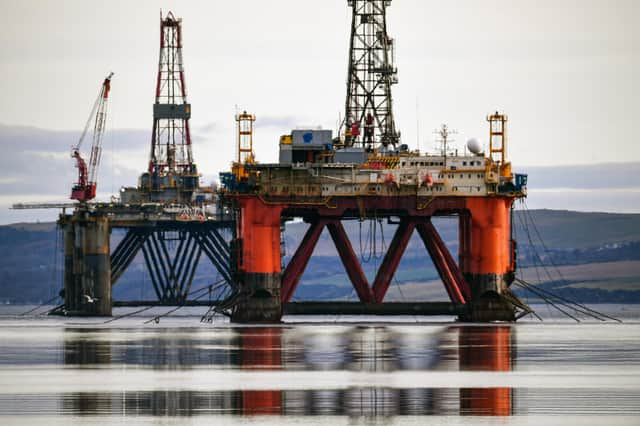Public ought to know Sturgeon’s oil stance


Two days later, First Minister Nicola Sturgeon and Scottish Greens co-leaders Patrick Harvie and Lorna Slater unveiled a “cooperation agreement”, a form of coalition in which decisions on the economy are to be reserved to the SNP.
Whatever the ground rules, the SNP’s new partners in government will continue to pile pressure on Ms Sturgeon in areas such as the North Sea oil and gas sector.
Advertisement
Hide AdAdvertisement
Hide AdIn an interview today, Mr Harvie credits his party with changing attitudes within the SNP. He says: “I don’t think the SNP would have changed position if it wasn’t for the fact that we are in there negotiating with them, pushing them out of their comfort zone.
“I think that is welcome and should be acknowledged that they have begun that journey.
“They haven’t finished that journey, but they’ve begun and that’s really, really important.”
Ms Sturgeon’s critics have suggested that her new position on this issue is “hiding behind” Prime Minister Boris Johnson. Challenged to oppose plans for the new Cambo oil field near Shetland, the First Minister has instead called on the UK Government to review all existing North Sea licences against environmental standards.
But the SNP leadership has, it seems, moved a long way from the mantra of “It’s Scotland’s oil”, which was at the heart of the party’s economic message for decades. Indeed, Mr Harvie notes: “Even just a handful of years ago there would have been celebration at the idea of more oil and gas extraction.”
In the months and years ahead, the tension between the Greens’ environmentalist agenda and the need to repair Scotland’s battered ecomomy will grow. It does not seem unreasonable to expect Ms Sturgeon to, at the very least, express a view on matters such as the Cambo oil field. Is it still Scotland’s oil or is it the UK’s? Should it stay in the ground or should every last drop be extracted? The electorate ought to know where she stands.